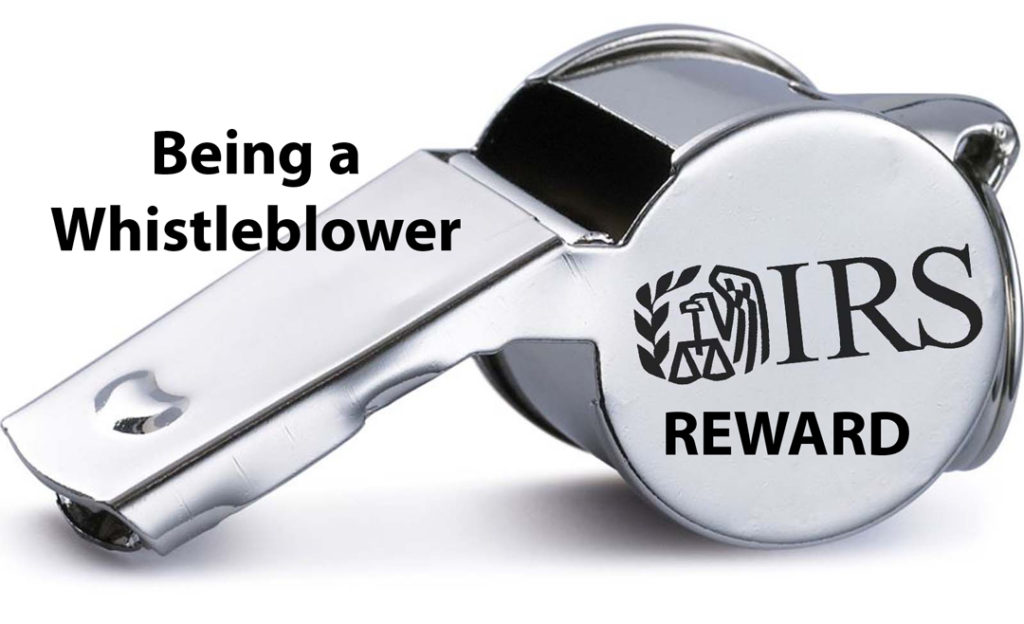Did you know the IRS has a whistleblower office? Did you know that if you blow the whistle on a taxpayer or a business that you could be paid a whistleblower reward? Did you know that the whistleblower reward could be as much as 30% of what the IRS collects?
Okay, it’s time to ask yourself do you want to turn in your boss who you know has been cheating on his taxes?
You can also call the whistleblower law the revenge law or the snitch law or even the jealousy law.
Call it what you like but it all starts with IRS Form 211. You fill out Form 211 to report a cheater.
That cheater could be the boss who fired you. That cheater could be the guy at the casino who has been running a scam with a stolen ID when he wins jackpots.
Now you understand why the whistleblower law has nicknames like the revenge law or the snitch law.
The IRS Whistleblower Office pays monetary awards that generally fall between 15 and 30 percent of the proceeds collected. But it could be a long time before you see any money.
The IRS says awards can only be issued once a final determination can be made, and as such, award payments cannot be made until the taxpayer has exhausted all appeal rights and the taxpayer no longer can file a claim for refund or otherwise seek to recover the proceeds from the government.
You start the whistleblower process by filing Form 211 and ensure that it contains the following:
A description of the alleged tax noncompliance, including a written narrative explaining the issue(s).
Information to support the narrative, such as copies of books and records, ledger sheets, receipts, bank records, contracts, emails, and the location of assets.
A description of documents or supporting evidence, not in the whistleblower’s possession or control, and their location.
An explanation of how and when the whistleblower became aware of the information that forms the basis of the claim.
A complete description of the whistleblower’s present or former relationship (if any) to the subject of the claim (for example, family member, acquaintance, client, employee, accountant, lawyer, bookkeeper, customer).
The whistleblower’s original signature on the declaration under penalty of perjury (a representative cannot sign Form 211 for the whistleblower) and the date of signature.
It’s not easy being a whistleblower.
But here’s something easy. If you have tax issues or problems you can get a free consultation from a tax attorney at Legal Tax Defense. Call now for your free consultation. The tax professionals can help you with unfilled tax returns and IRS garnishments and audit notices and they can help you collect refunds from tax returns you didn’t file.
Disclaimer: Alan Mendelson is a well-known TV consumer news reporter who reports on tax issues. You should seek professional advice if you have tax questions or issues.





